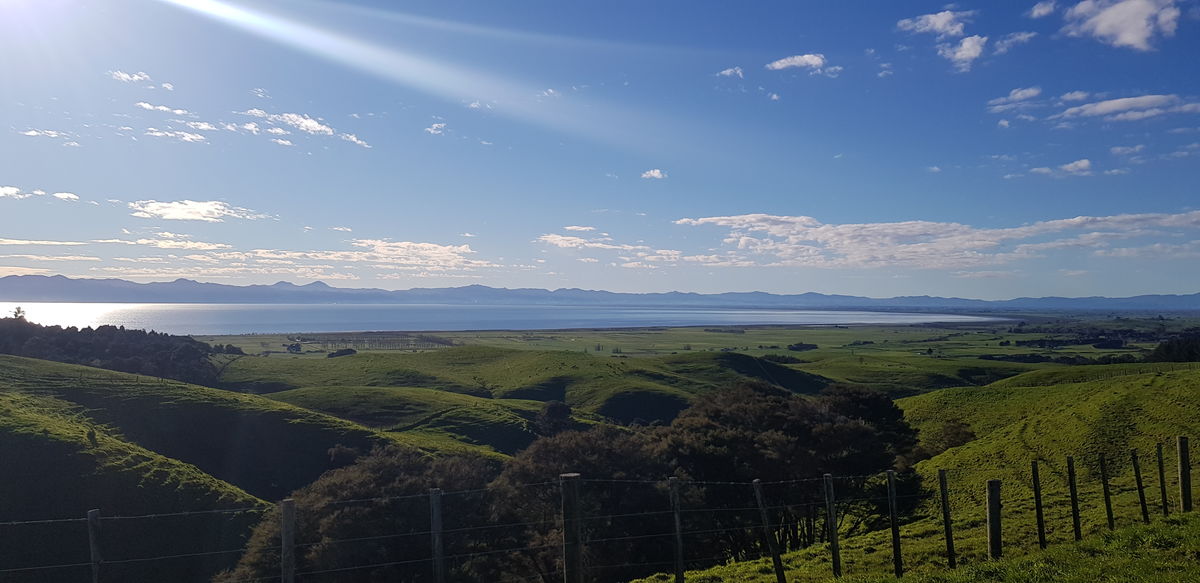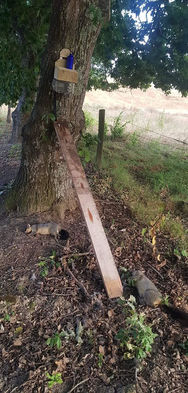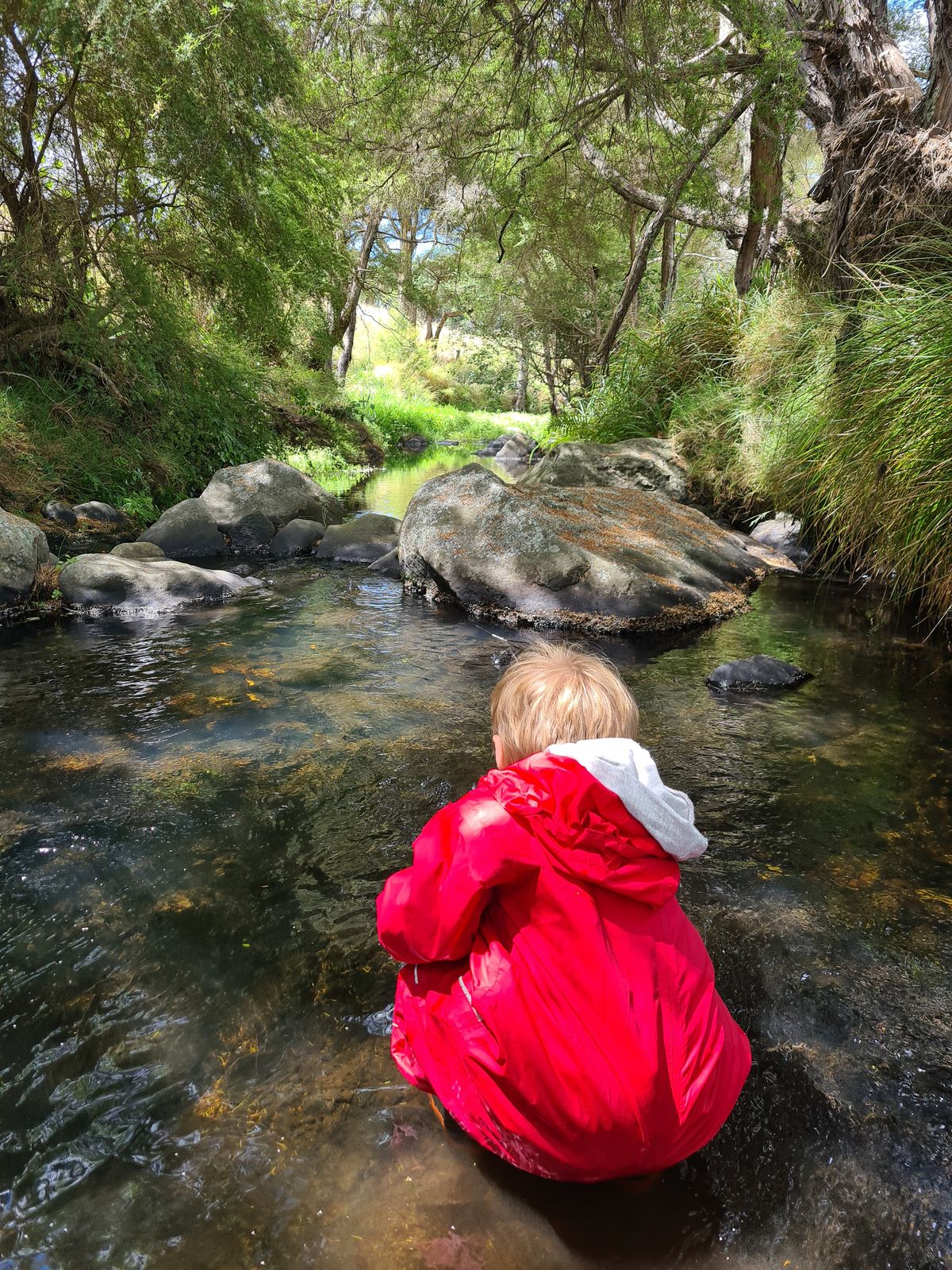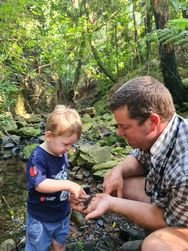
Piles of Dead Possums and clear stream water
A remarkable hit rate on possums and clear stream water are the eye-catching features of a sustainable farming operation near the Firth of Thames.
Gareth Levers and his wife Juliet farm beef on land close to the western shores of the Firth, and since taking over the property five years ago they’ve been working closely with professionals from the Department of Conservation-Fonterra Living Water partnership to control predators, fence off waterways and as result gradually improve the quality of the water leaving his property.
They’re part of the Western Firth Catchment Group, a committed network of neighbouring landowners acting collaboratively to improve water quality on their properties, and as a result, into the Firth itself.
But it’s the Levers’ strike rate dealing to possums on his 212-hectare property which is the most impressive of the family’s conservation efforts.
Loaned two AT220 traps by Senior Ranger Dion Patterson in January 2019, as part of the Living Water programme, by October he’d racked up more than 230 dead possums and an assortment of dead rodents. There are now six traps on the couple’s property
“We’re getting between 10 and 14 possums a week across the six traps. My best night I found five possums below one trap; a possum will literally crawl over 10 of its dead mates to get to the trap,” he says.
“It’s amazing! It does become a bit of a festering mess after a while, so I throw them to the hawks.
“I just hope I’m not contributing to the feral cat population.
“I guess the fur from 200-odd possums would’ve brought in a bit of money, so maybe I should’ve been plucking the fur from them.”
Dion Patterson says Gareth Levers’ early success with two traps stemmed from a methodical and thoughtful approach other land-owners can learn from and adapt for their properties.
“Gareth established a regime whereby he would operate the traps in tandem and when they ceased catching he would move them up the catchment to the next obvious piece of possum habitat.
“He now has a level of confidence the possum numbers are well controlled on his farm, and rather than actively moving the traps around his property, they are now deployed at strategic locations to thwart the risk of reinvasion.
“It’s impressive; this sort of smart thinking and possum reduction has benefits for Gareth and Juliet, and also for their neighbours.”


The water quality in the Taramarie Stream, running through the Levers’ property is also impressive, bearing staggering clarity. Freshwater crayfish (koura) and eels (tuna) are among the species found in the stream, which the Levers have further protected through work resulting from funding obtained via the the Million Metres Stream initiative.
“The previous owner did to quite a bit of fencing, probably about 10 years ago. The quality of the water was always there, and the fish life was good, but we’ve added to what he’d done by carrying on his work through the main part of the stream,” he says.
“You walk past it and you can see the bottom of the stream, and when you get 50mm of rain, it doesn’t get dirty anymore.
“We’ve got a short catchment, so small things you do can make a big impact.”
Through ongoing work with Living Water further planting has been undertaken and there are plans to widen the buffers between where livestock can graze, and the waterway through the property.
Gareth believes members of the wider agricultural sector have “become more aware of their legacy in recent years”.
Environmental planning and ensuring good production numbers is “a fine balance”, Gareth says: “I wouldn’t consider myself an ‘eco-warrior’ or anything like that. For example, I use slow-release fertiliser so it’s less harmful for the environment, and that is an environmental decision.”
Dion Patterson says the work of the Western Firth Catchment group and the approach of farmers like Gareth and Juliet Levers shows the success that can be achieved through collaboration and tapping into the resources available.
“The Western Firth Catchment group have actively sought support - financial or otherwise - from agencies and entities who enable them to meet their project objectives.
“It’s this sort of collaborative initiative and drive we want to support in rural communities.”
